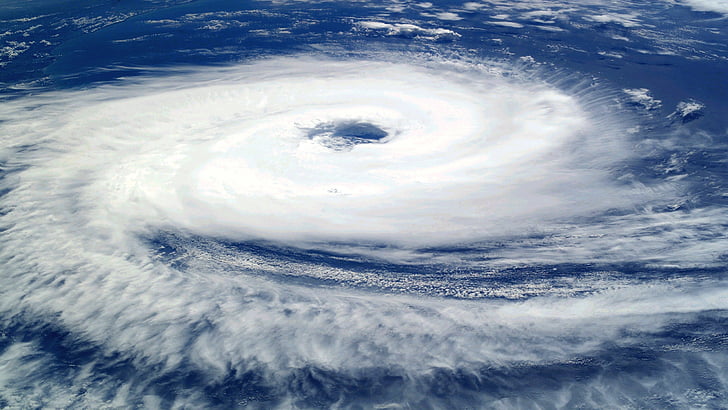The cyclone, travelling up to 209 kilometres per hour, hit the coast of Myanmar on Sunday afternoon.
Authorities evacuated around 400 000 people in Bangladesh and Myanmar before the cyclone made landfall.
Thousands of people sheltered in monasteries, pagodas, and schools, in preparation for the storm.
The cyclone passed over Saint Martin’s Island, Bangladesh, causing injuries and damage, but turned around before hitting Bangladesh’s coast.
Parts of Sittwe, the capital of Rakhine state in Myanmar, were flooded, with a video posted on social media by a witness showing several building’s ground floors under water.
An ethnic militia controlling large areas of Rakhine said many buildings and other structures in Sittwe and Kyauktaw had been damaged, including schools and monasteries where people had sought shelter.
“The whole northern Rakhine has suffered severe damage,” Arakan Army spokesperson Khine Thu Kha said.
“People are in trouble.”
The cyclone has also disrupted communication networks in Rakhine.
According to the UN humanitarian office (OCHA), before the cyclone hit, around 6 million people across Rakhine state and the northwest of the country were already in need of humanitarian assistance, including around 1.2 million people who have been displaced.
“For a cyclone to hit an area where there is already such deep humanitarian need is a nightmare scenario, impacting hundreds of thousands of vulnerable people whose coping capacity has been severely eroded by successive crises,” UN resident coordinator Ramanathan Balakrishnan said.
Cox’s Bazar in Bangladesh, where more than one million Rohingya refugees live, was left relatively untouched by the cyclone, which is now weakening.
“Luckily, we could escape the worst of the cyclone,” said Mohammad Shamsud Douza, a Bangladesh government official in charge of refugees.
“We are getting some reports of huts damaged but there are no casualties.”






